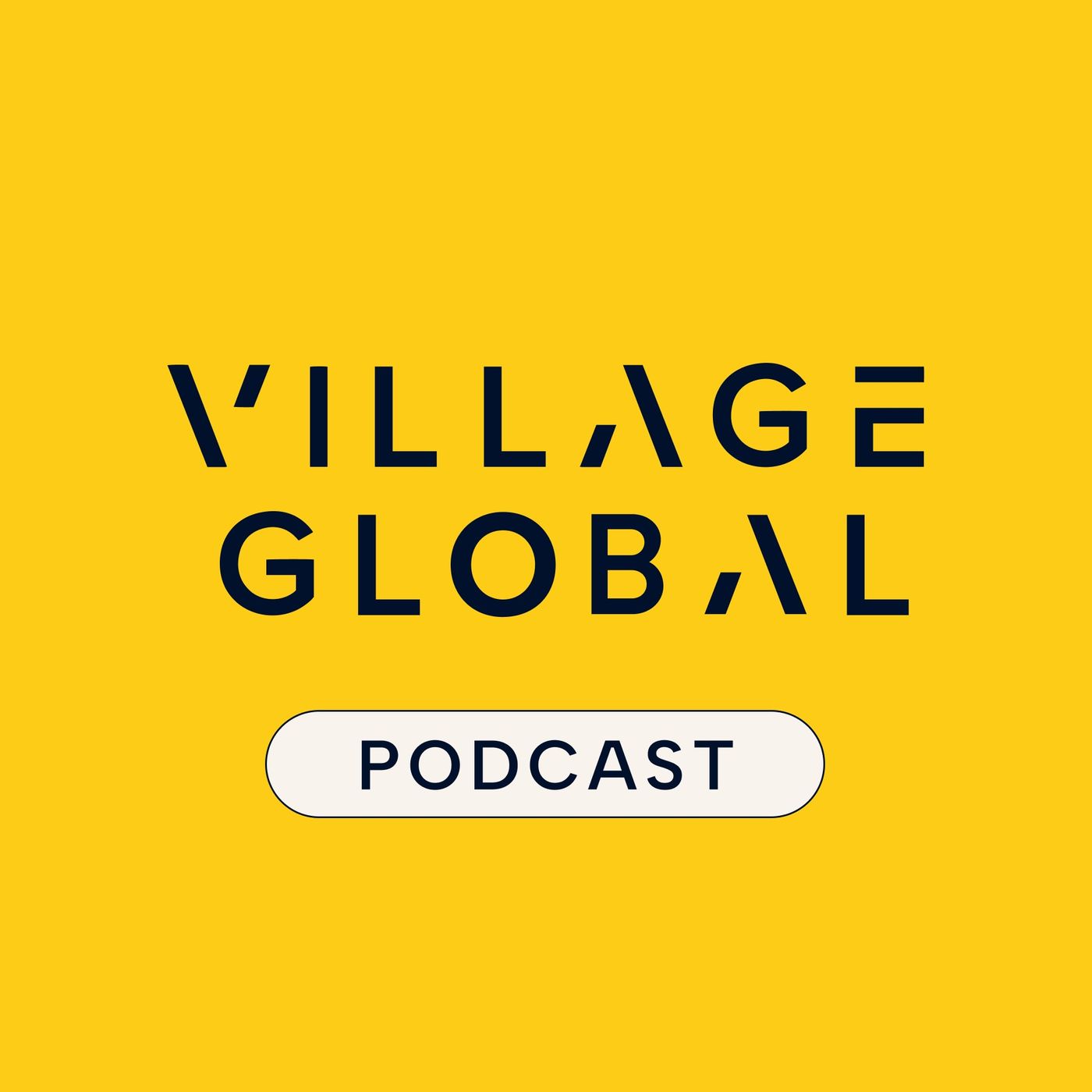
Lessons from the Early Days at Uber and Advice for Founders with Kevin Novak

Village Global Podcast
Key Insights
Why did Kevin Novak transition from nuclear physics to data science?
He found data science more engaging as it attracted people who consciously chose the field, unlike the apathetic nature of pre-med students in physics labs.
How did Kevin Novak develop Uber's surge pricing model?
He developed it in three weeks, a task that would typically take six months in academia, using his background in building models of complex systems.
Why did Kevin Novak emphasize the importance of building a virtuous data cycle?
He believes it allows companies to progressively get smarter over time and ascend the complexity curve of data products.
What does Kevin Novak think about the current state of AI hype?
He believes AI is overhyped on average, especially with the first breakthrough product being an API, leading to incumbents responding more quickly.
Why does Kevin Novak caution against falling in love with one idea too early?
He advises founders to hedge their bets and experiment, as trial and error can lead to discovering a strong business idea.
What qualities does Kevin Novak look for in founders for the EIR program?
He looks for passion for the problem space, psychological toughness, and a willingness to leverage data in any flavor.
How does Kevin Novak suggest founders approach finding co-founders?
He advises not to fall too in love with any one idea or methodology and to focus on compatibility and complementary skills.
What role does Kevin Novak see for data in early-stage startups?
He believes data can be a huge signpost and that founders should measure what they can, but also use wisdom to avoid data paralysis.
Chapters
- Kevin Novak was Uber's second data hire and developed their first surge pricing model in just three weeks.
- His background in nuclear physics provided a strong foundation in problem-solving and complex system modeling.
- Novak emphasizes the importance of first principles thinking and building a virtuous data cycle.
Shownotes Transcript
We're excited to launch a new EIR program for data science founders in partnership with Rackhouse Ventures, founded by Kevin Novak. Learn more about the program: https://www.villageglobal.vc/rackhouse-village-global-eir-programKevin Novak (@novakkm), an early Uber employee, was instrumental in developing their data science program and was the creator of surge pricing.Highlights:- Kevin, originally a nuclear physicist, applied his analytical skills to develop Uber's first surge pricing model in three weeks—a task that would typically take six months in academia.- He says that founders shouldn’t wait until they have plenty of data to make decisions — instead, start with first principles thinking while also building a virtuous data cycle by ensuring you are collecting data that will inform future decisions.- He comments that AI might be “overhyped on average” at the moment. The first breakthrough product is essentially an API, which has led to incumbents responding more quickly and more aggressively. Kevin argues that if you are founding a generative AI company, you are effectively making the claim that incumbents won’t be able to respond and implement an LLM themselves.- Kevin cautions founders not to fall in love with any one idea too early. It’s better to hedge your bets and experiment with one or two. Through trial and error, you can eventually decide on one idea that has the potential to be a strong business. - For the Village Global-Rackhouse EIR program, we’re looking for founders with deep passion for founding a company. We don’t require you to have your idea and team established. Thanks for listening — if you like what you hear, please review us on your favorite podcast platform. Check us out on the web at villageglobal.vc or get in touch with us on Twitter @villageglobal.
